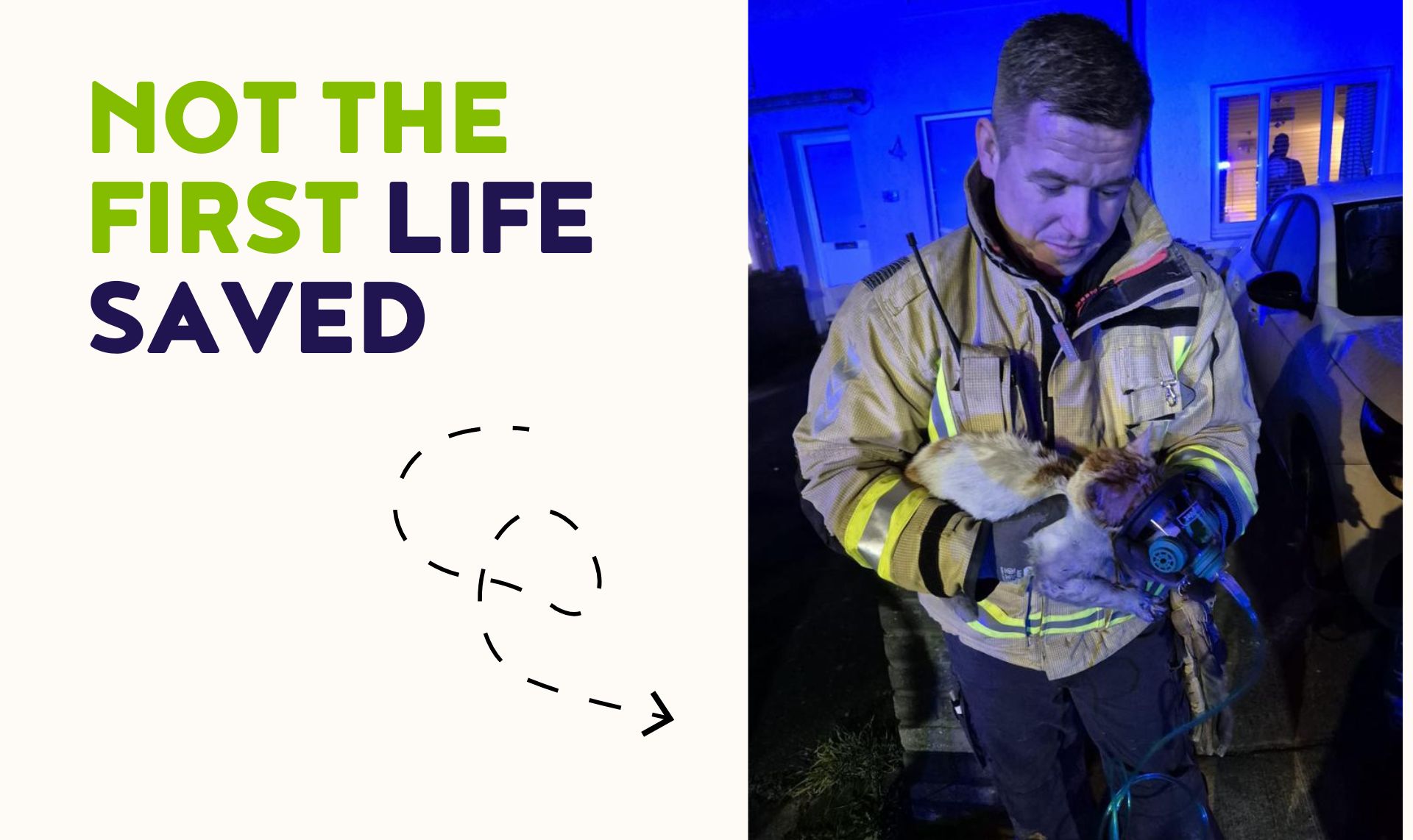It goes without saying that many Easter Egg hunts will need to be done on a much smaller scale this year, but all is not lost. Perhaps a new bundle of fluffy joy has made its way into your home, whether through adoption or through your local pet store.
Owning a rabbit is a great way to introduce your children to the responsibilities of pet ownership while also giving them something to put on their ‘gram that many will love! Without further ado (not much ado around these days…), read on for some helpful tips in making sure that your bunny is both healthy and happy.
Getting your Bunny Home:
When introducing your new bunny to your home you should not disturb it for two days so that it can get used to its new surroundings. After this period, you can then start talking to your bunny; introducing your hands to them and to their cage and when your bunny is ready, starting to handle them. Bunnies are happiest when living with a companion; as it would be in the wild. Neutering will prevent unwanted litters and potential fighting – this is normally done when a male bunny is five months old, or when a female bunny is 6 months old.
Bunny Food and Nutrition:
Rabbits have vastly different nutritional requirements to humans, they are essentially ‘fibrevores’ as fibre is the cornerstone of your rabbit’s diet above all other foods. Rabbits require a high quality diet that will provide them with two types of fibre: indigestible fibre and digestible fibre. Indigestible fibres help maintain their digestive system and keep their teeth at a healthy length. Digestible fibres, on the other hand, provide your rabbit with essential nutrients and vitamins that it needs to power its body (and it sure does need a lot for all of the jumping it’ll do!).
Your bunny may not get all of the nutrients on first eating a fibre. In this case, it will pass through their system as ‘caecotophs’- sticky droppings that they will ingest to get more nutrients from. These are different from the solid hard droppings of indigestible fibres. A high quality herbage or forage is the key part of your pet’s diet. You should supplement this with a good dry rabbit food, greens and snacks for extra nutrition. Avoid feeding excessive fresh vegetables or fruit as this can cause stomach upsets. Provide fresh water and remove uneaten food daily. Above all else, always make sure your rabbit’s hay supply is never empty!

Housing Your Bunny:
Bunnies need as much space as possible and are best kept outside, except during Winter when they should be housed in a garage or shed with access to natural light and good ventilation. Ideally, bunnies should have a separate area that is closed off (perfect for snuggling and sleeping in) and an area that they can run around in. Your hutch should have enough space so that your bunny can stand upright on their back legs. For bedding, it is best to provide a lining of newspaper covered with hay, straw or dust-free wood. It is extremely important that a bunny’s bed is kept dry. Bunnies can get a soiled bottom which will attract flies (especially in the Summer), so watch out for this and intervene if necessary. You should clean and disinfect your hutch at least once a week.
If you instead choose to keep your bunny as a house bunny, extra care must be taken to keep them safe in their indoor environment. All cables must have a protective covering, and house plants should be removed as they may be poisonous. It is most important that bunnies are able to exhibit their natural behaviour, so they must be kept in accommodation which allows them to hop, stretch and play!
Bunny Health:
Bunnies can live to be 10 years old when they are properly cared for! Apart from providing adequate, clean housing and a good quality diet. There are some other things you should know about your bunny’s health:
Their teeth constantly grow, so you should provide timber toys or mineral stones for them to gnaw on.
• If their teeth grow too long it will then become necessary to take your bunny to a vet to get them trimmed.
• Grooming is also a great way of bonding with your bunny and will allow you to conduct a regular health check on them.
• Healthy bunnies have bright eyes, dry noses and shiny coats.
• Bunnies need to be vaccinated for Myxomatosis and Haemorrhagic Disease, but do not need to be vaccinated annually like cats or dogs. You should take your pet to your vet for regular check-ups regardless.
Remember; a healthy bunny is alert and lively. Check your fluffy friend every day without fail and look for any changes in their appearance or behaviour. If you notice anything out of the ordinary, ring your Vet immediately.

Play time!:
One of the things that caught me off-guard about my bunny was the thing he would do when he was extremely hoppy; a binky. A binky is when a bunny leaps into the air and twists its body, only to land back on the floor as if nothing had happened. Naturally, this would soon be followed by a sprint around the room, but I soon got used to seeing him binky everywhere. Binky-ing is a good sign, it means that your bunny is content in their surroundings.
To supplement your bunny’s energetic lifestyle, toys and treats can be given throughout the day; a surefire way to keep them entertained for hours (and keep their minds off chewing the sofa… Sorry Mam). There are many weird and wonderful things that your bunny can do, it only takes a gentle hand and loving patience for them to reveal themselves!
Signing off:
If you think a bunny is right for you after reading this, don’t rush into it! Think about the costs, the needs of the animal, your needs as a human, whether you can stick your bunny liking Megadeth when you’re a Metallica fan through and through (perhaps a shared love of Fleetwood Mac will bring you closer together). As long as your new friend is healthy, hoppy, safe and satisfied, there’s not much else you can really do (except enjoy their company!). Of course, if you do need any advice or Veterinary assistance with your new bundle of fluff, never hesitate in lifting the phone and calling us! We’re always on standby to help you and your friend in any way we can.
For now, however, we say adieu and wish you and your pets a safe Easter!




